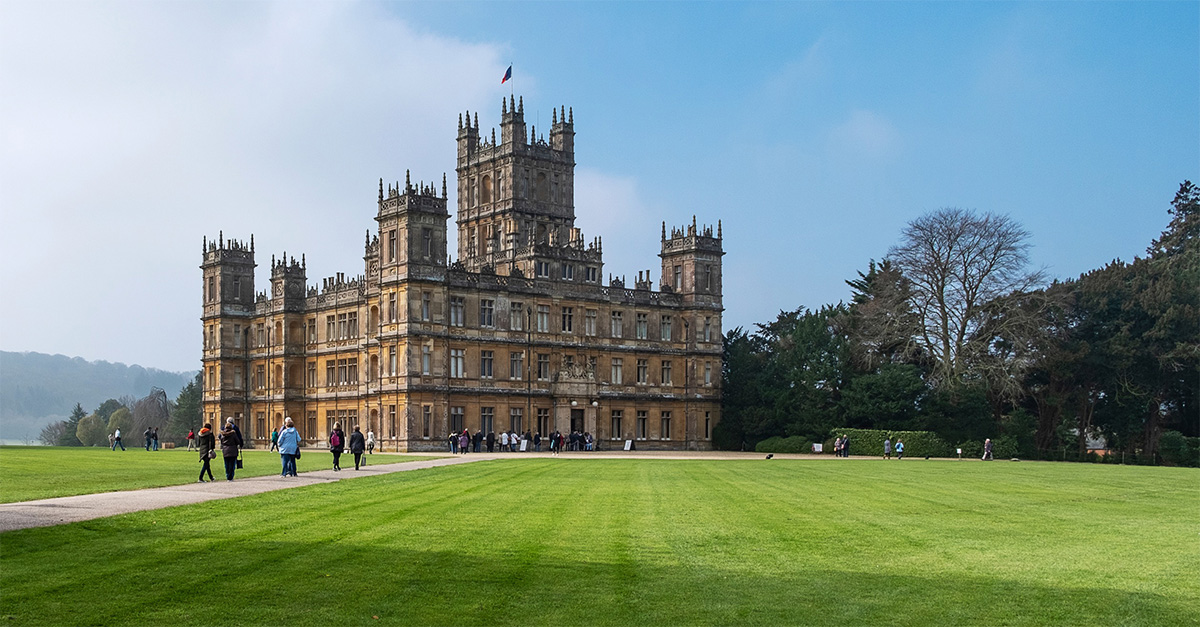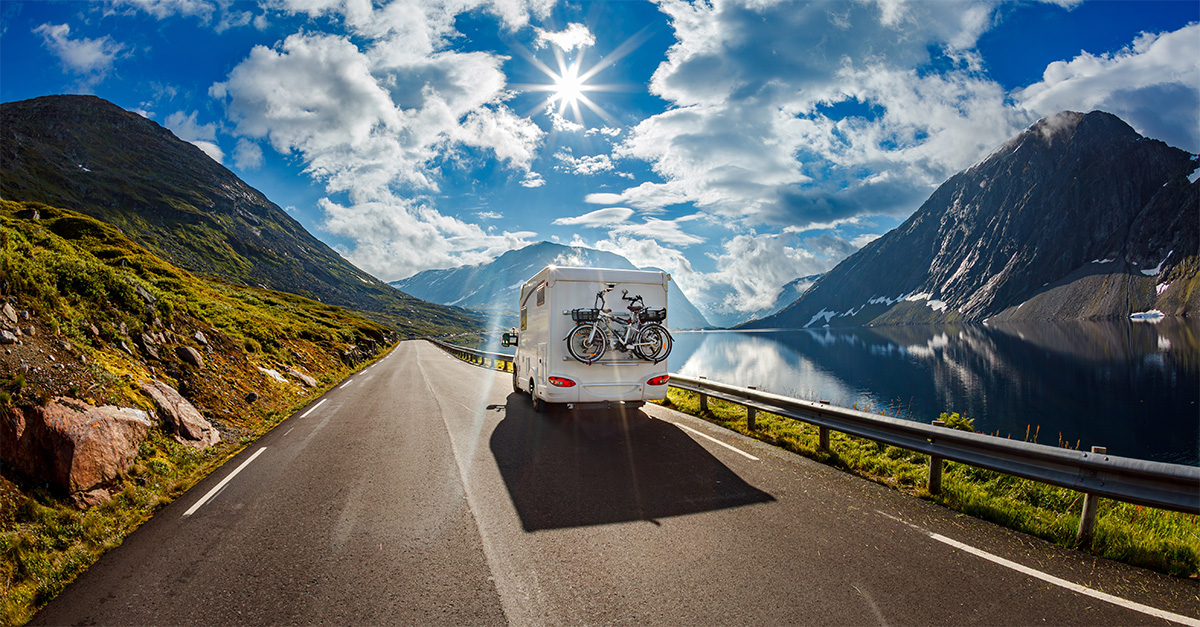Aware of the need for responsible practice in resorts, leading tour operators are using a system called Travelife to assess hotels. Ian Taylor joined a TUI Travel audit of a property in Paphos
Cyprus is a destination with the kind of pressure on water and energy supplies that makes responsible development vital. So it
is appropriate resorts on the island have been among the first to be assessed using the Travelife Sustainability System developed by the Federation of Tour Operators and introduced last year.
Auditors run through a checklist to assess a hotel’s policy and practice on energy, water and waste management, conservation, employment, sourcing and community relations.
The Aliathon in Paphos is a 900-bed holiday village of apartments around a 3,000sq metre pool – with restaurants, shops, several other pools, gardens and sports facilities.
On a drought-afflicted island, where water is shut off every other day, the Aliathon could present an unpromising case for sustainability. But the combination of an enlightened owner, emphasis on long-term investment and a partnership with First Choice Holidays – now part of TUI Travel – has produced what might be a model of good practice.
The holiday village opened in 1991 and went through a series of expansions before a deal with First Choice last year led to a doubling in size and its exclusive use by First Choice clients for most of the year.
Power to the apartments is controlled by a fob key so air conditioning and lights are only on when someone is in, and sensors switch off both if a room is empty. Opening a door or window also turns off the air conditioning.
The lobby, restaurants, lounges and other public areas rely mostly on natural ventilation.
Solar panels heat most hot water. Some of the energy for the air conditioning is geothermal – taken from the ground – and pool water is also used for cooling.
Water conservation is vital. Flow restrictors and aerated taps and shower heads – which mix air with the water – reduce the flow of water in showers by almost half.
Dual-control toilet flushes should also halve the amount of water used. Towels and bed linen are generally changed every third day.
The new apartments are set amid trees and plants but no grass. Aliathon chief engineer Robert Dias said: “We had a choice to keep the lawns or trees and we kept the trees.”
The giant pool is a major drain on water through evaporation and cleaning. Dias concedes it is among his biggest headaches, but said: “The pool is the attraction.”
Backwash from cleaning the pool filters – up to 120 tonnes of water a month – is used to flush toilets with the remaining flushes provided by ‘grey’ untreated water.
The Aliathon’s demands on the public water supply are supplemented by 20 wells on the property – although these were running dry by October – and the purchase of water by tanker when necessary.
There are plans to construct a 3,000-cubic-metre lake on the property this winter, in place of additional buildings, to conserve any rainwater.
Monthly water and energy use is logged. The handbook in rooms details the water and energy-saving measures and suggests: “Do not waste water unnecessarily.”
But there is still a need for education among holidaymakers to foster a new approach to waste and conservation, with Dias reporting much greater awareness among German and Scandinavian visitors than the British.
The Travelife system
Travelife assesses a property’s performance on:
- Energy management – is 50% of lighting energy efficient? Are key cards used to switch off power? Are renewable energy sources used?
- Water management – are water-saving devices fitted? Is waste water used for irrigation?
- Waste management – how is solid waste disposed of and is it being reduced?
- Nature conservation – is chemical use minimal?
- Understanding – are clients informed on environmental protection? Are they encouraged to go beyond the property?
- Fair treatment – do staff have written contracts? Are they paid the legal minimum? Is there a trade union?
- Choosing suppliers – use local goods and suppliers
- Benefiting communities – are facilities available to local people? Are traditional rights respected?




